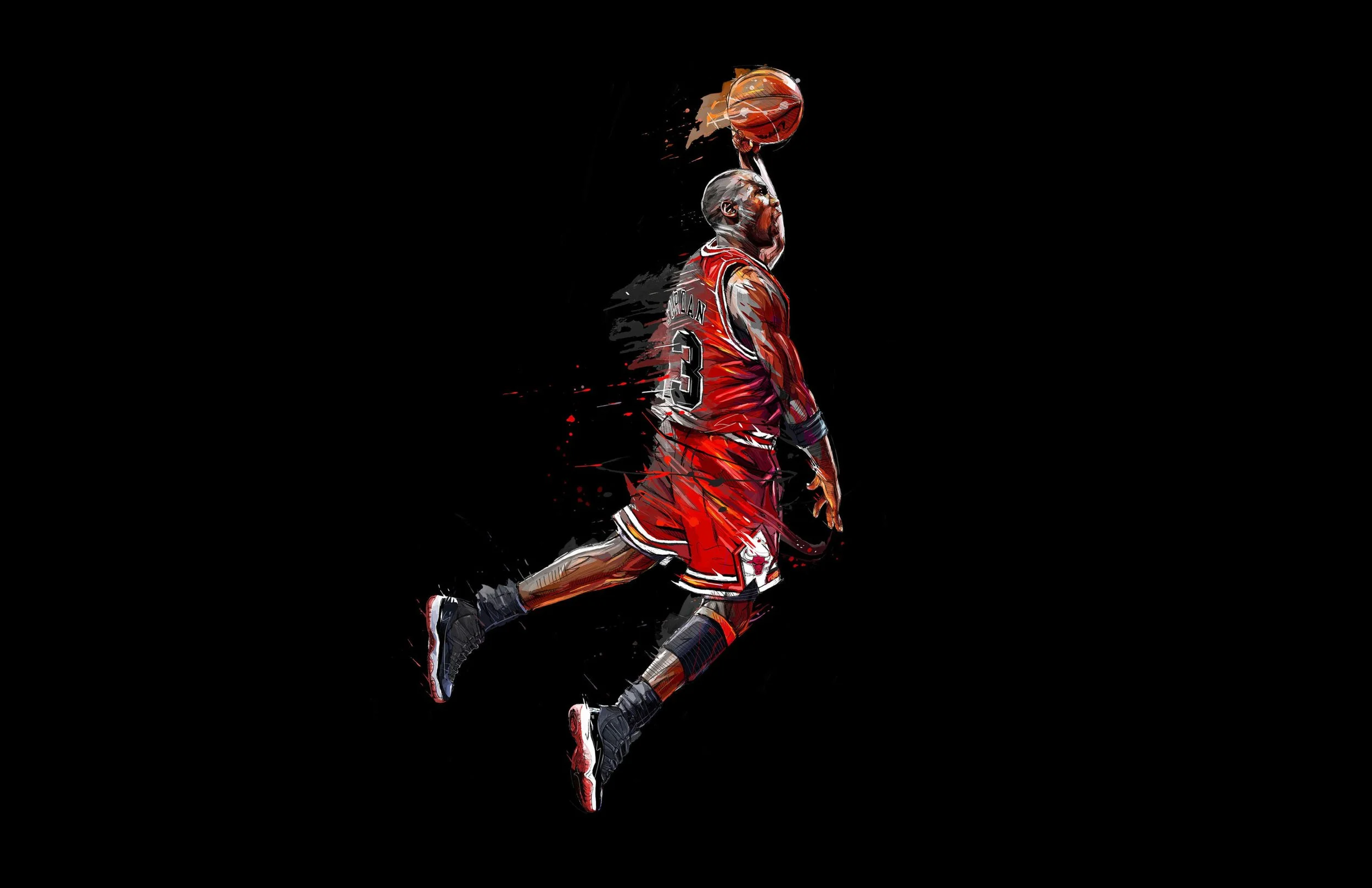FILM PRODUCTION AND THE MICHAEL JORDAN EFFECT
Ridik_Studios
I have complicated feelings about Michael Jordan. I say this as someone who lived in Chicago during the Bulls' reign over the NBA. I know there are many arguments about who is basketball’s GOAT. Is it MJ? LeBron? Are you old school and go with Bill Russell?
I’m not “not” a fan of MJ. I’m just more of a fan of a team and roles on that team. Let me explain.
Early in my career, I attended an executive offsite and sat through two days of presentations and speakers. It was an odd time for me. I was the youngest in the room, yet oversaw one of our most significant territories. I was technically still in graduate school, avoiding a thesis that desperately needed my attention. Yet here I was, amongst other executives from across the globe, discussing management and sales strategy.
One morning, a speaker was brought in to discuss how best to choose and motivate talent. He transitioned into an analogy about basketball–which was funny because this group wasn’t sports-oriented.
He said, with authority,
“Wouldn’t it be great if you had a staff of Michael Jordans? A team of MJs?”
I shook my head. The speaker asked me why I disagreed.
“Well, Michael Jordan wouldn’t be the best of all time if he didn’t have the support of Scottie Pippen, Dennis Rodman, Luc Longly, Toni Kukoc, Steve Kerr, and others. They bring talents that allow Michael to be great,” I replied.
The speaker was dumbfounded. I assume nobody had ever challenged him with this. Note: my point was proven years later when MJ could not succeed with inferior teammates. He quickly moved on, and I returned to nursing my extra-large coffee.
This exchange has stuck with me, not because I challenged a weak analogy but because of the lack of recognition of how a teammate can get lost in the star's spotlight.
In film and television, a production must be supported by an army of people to succeed.
The director or executive producer may be an A-lister, but one person produces nothing. There are production assistants, researchers, archivists, music clearance/rights managers, media managers, audio technicians, DPs, location managers, line producers, accountants, lawyers, legal assistants, graphic artists, lighting pros, development producers, marketing experts, public relations managers, IT directors, and more including many levels of executives.
So, what does this have to do with Michael Jordan? The industry has our MJs or, at least, those who are viewed and/or treated like him. Directors and showrunners are two examples. Most everyone knows who Shonda Rhimes, Michael Shur, and Taylor Sheridan are: A-listers whose talent makes a difference in a production. In nonfiction, directors and producers like Alex Gibney, RJ Cutler, Dawn Porter, and Rory Kennedy have proven time and time again that they are all stars. Cinematographers, especially in adventure and wildlife filmmaking, are exalted.
However, each superstar has teams of highly talented professionals who ensure their vision is achieved. They are the Pippen/Rodman/Kerr/Longley/Kukoc of the production. They ensure the footage is processed and accessible. They keep the communication lines working. They oversee the budget and schedule. They strategize the best way to market the film. They ensure the film is legally sound and clear of potential lawsuits. And they support those above them and help the whole project succeed.
They are the team that allows their MJ to fly.
I often see these professionals overlooked when a production receives praise. This isn’t surprising for reviewers; they have limited space to communicate their points. But my eyebrow arches in disbelief, just like that moment at the executive offsite, when I hear people in our industry overlook their colleagues.
Why is that person talking about the project–they weren’t in the field!
Ugh….they weren’t part of the “creative.”
They didn’t produce this…they were only the production manager/development manager/etc.!
Sadly, I hear this all the time: fellow professionals dismissing the contributions of their colleagues because, in their minds, they weren’t in the “important” role. This is extraordinarily egotistical and, worse, wrong. Those “important” roles–those star point guards, quarterbacks, or pitchers–could not succeed without the support of their teammates. Their colleagues.
Look at any production org chart, and you’ll see the people who uplift others to achieve success.
I believe that we should celebrate everyone’s wins, tee up others to allow them space to promote their talent, and recognize everyone who contributed to a project’s success. If you find yourself criticizing someone for celebrating their work, step back, take a breath, and move on. Not everyone is Michael Jordan. But remember: Michael Jordan wouldn’t be Michael Jordan without the teammates who made him….Michael Jordan.
###
About the Author:
Shannon Malone-deBenedictis (she/her) is a two-time Emmy award-winning documentary filmmaker, creative consultant, speaker, and facilitator. From writing her first play at age 10 to executive producing documentaries for Disney+, Netflix, and others, she's always loved telling stories. Learn more about Shannon’s speaking topics and creative services at padlincreative.com.

